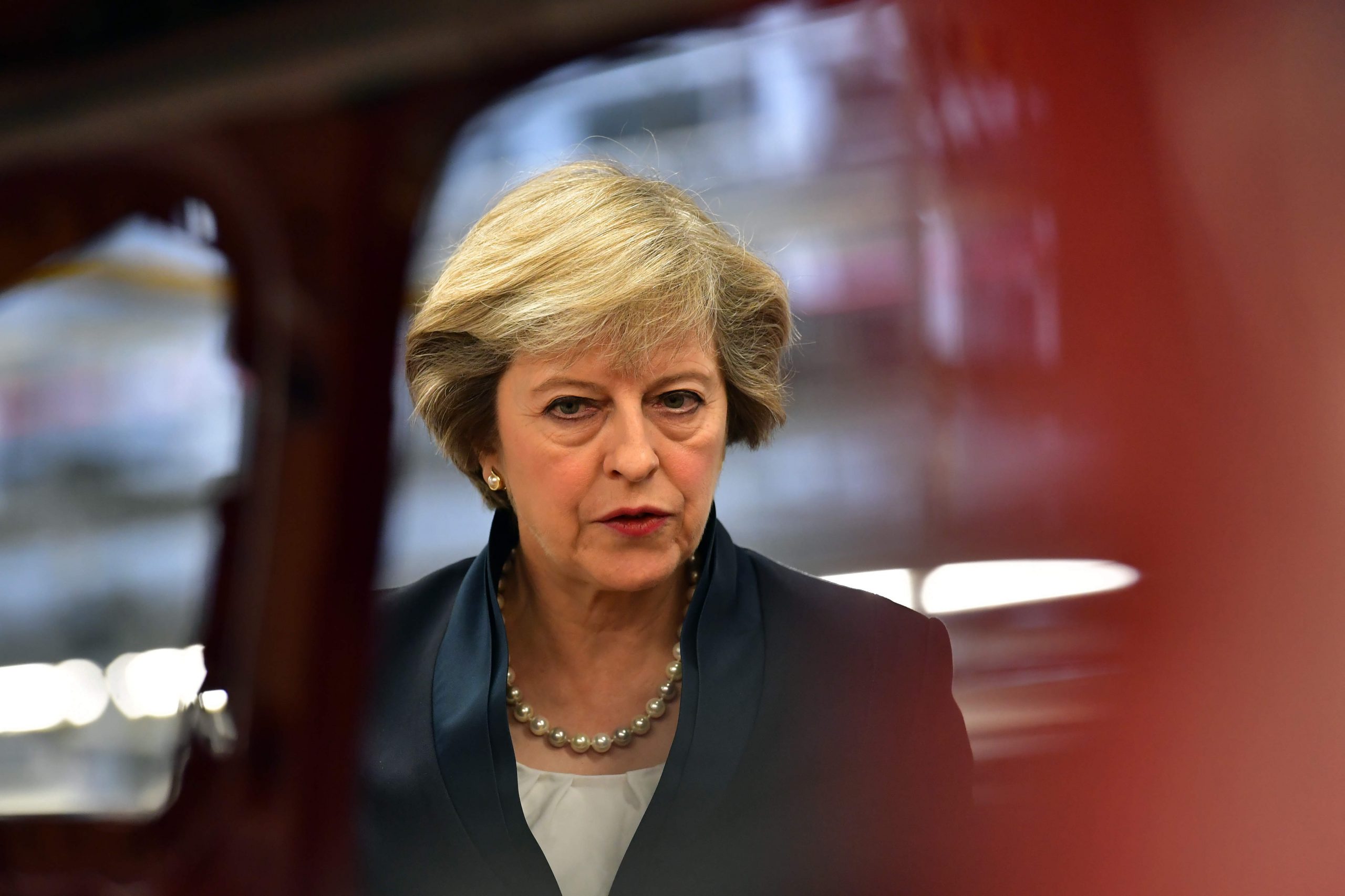
Theresa May has a commanding lead in the opinion polls but the Conservative Prime Minister is not satisfied. She is, she tells the New Statesman editor, Jason Cowley, eager to reach out to Labour voters she feels have been “abandoned”. She accuses Labour of not responding to its voters’ concerns on “things like the impact of immigration on lower income levels”. In her first speech as Prime Minister, outside 10 Downing Street on 13 July 2016, she made it her mission to create a fairer, more socially responsible society. She spoke about poverty, the challenges faced by white working-class boys in school, black Britons in the criminal justice system, young people trying to buy a home and women held back by the pay gap.
As her interview makes clear, Mrs May rejects the aggressively pro-globalisation, or “neoliberal”, consensus that has dominated British politics since Tony Blair’s time as premier. She believes in the protective function of the state and that it should play a more active role in shaping the lives of its citizens as well as correcting market failure. She also rejects the Blairite doctrine of “liberal interventionism”, preferring a more cautious “realist” but not isolationist foreign policy.
Mrs May has been called a post-liberal but she is not an anti-liberal. Like most of the British population, she believes that immigration should fall; leaving the EU single market gives her the opportunity to make that happen. However, she is notably less affectionate to the City and big business than many of her fellow Conservatives, including the former chancellor George Osborne (who now holds a one-day-a-week advisory position at BlackRock investments).
Mrs May’s new conservatism presents a challenge to Labour, whose voters are divided between liberal cities and traditionally working-class areas in Wales and England. (The party has collapsed in Scotland.) On 23 February, it will contest by-elections in Stoke-on-Trent Central and Copeland, constituencies it holds but where a majority voted Leave in the referendum. In the former, the Conservatives are fielding a “paper candidate”, emboldening the Ukip leader, Paul Nuttall, who is contesting the seat on a platform far removed from the libertarianism of Douglas Carswell. In Copeland, meanwhile, the nuclear question is not ethical, but practical: who will best protect the jobs at Sellafield, and the shipyards in Barrow-in-Furness, where Trident submarines are built?
So far, the Prime Minister’s policy proposals have not matched the boldness of her rhetoric, although she rejects the accusation that her reforms are only “modest or incremental”; and her threat to turn Britain into an offshore tax haven seriously undermines her distinctive approach on the economy.
Some premierships are shaped by events (Eden, Callaghan, Brown, Cameron) and others shape them (Attlee, Thatcher, Blair). Mrs May has multiple audiences to consider: Tory MPs (who could bring her down), the 52 per cent who voted Leave, the 48 per cent for Remain, the EU 27, Donald Trump. With withdrawal from the EU dominating her tenure, she cannot please them all but she also cannot afford to alienate any one excessively. Mrs May has much to prove.
A noble cook
Alastair Cook resigned as England captain in characteristic style – with dignity, no fuss and an amicable, orderly transition. He enhanced the office of the England captaincy during a period of change for our summer game.
After the Kevin Pietersen fiasco, Cook endured more personal abuse than any other England captain in history. He always responded the same way: with courtesy, decency and, very often, a stoic match-defining innings. He is respected by opponents and admired by his team-mates.
People who argue that sport is only about winning are not clear-eyed and unsentimental. They are simply wrong. The Australian Open final in January between Roger Federer and Rafael Nadal was such an elevating spectacle because of the players’ mutual respect, as well as their skill and fortitude.
Cook, who led his country in 59 Test matches, was not a masterly tactician as captain. But his combination of mental strength and civilised composure provided a different kind of inspiration. The former choirboy, who avoids Twitter and the narcissism of celebrity culture, may have been the toughest man ever to play cricket for his country.
This article appears in the 08 Feb 2017 issue of the New Statesman, The May Doctrine





